Summaries of books about Asian History:
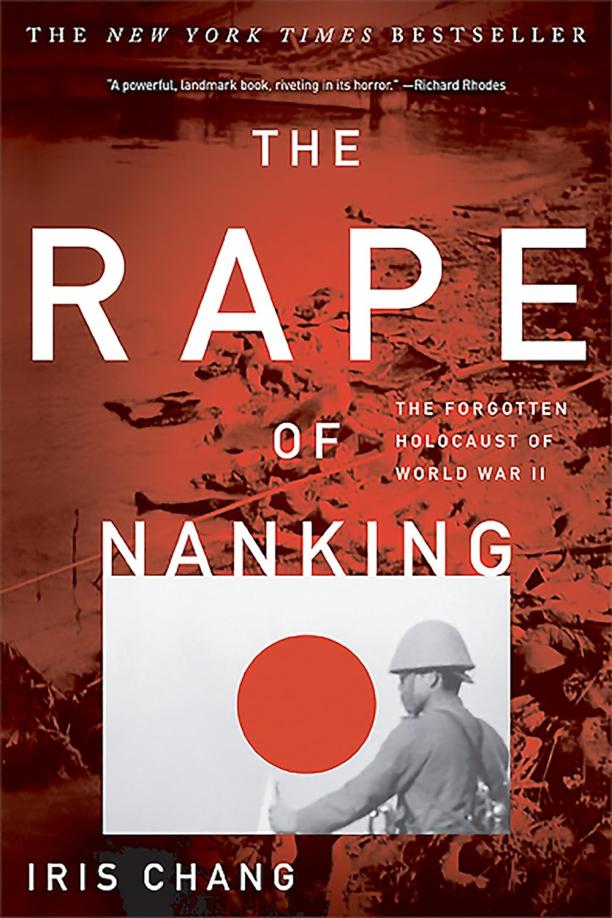
The Rape of Nanking
The Forgotten Holocaust of World War II
Iris Chang
The book details the horrific atrocities committed by the Japanese army in the Chinese city of Nanking during World War II, including mass executions, rapes, and widespread looting. It also examines the political and historical context of the massacre, the international response, and the long-term impact on Sino-Japanese relations.
See full summary
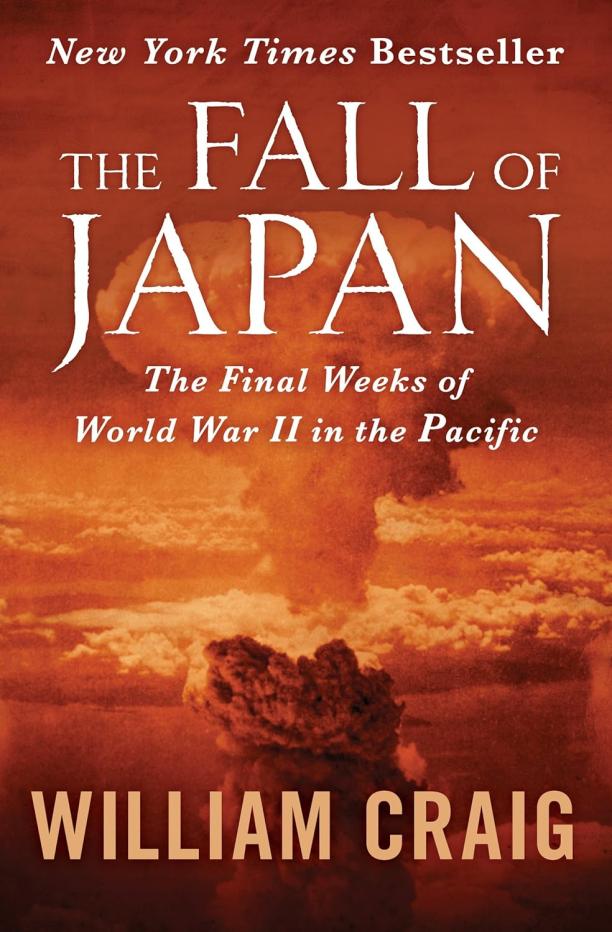
The Fall of Japan
The Final Weeks of World War II in the Pacific
William J. Craig
The book provides a detailed account of the events leading up to Japan's surrender in World War II, including military strategies, political negotiations, and personal experiences of those involved. It covers the atomic bombings of Hiroshima and Nagasaki, the Soviet declaration of war on Japan, and the internal struggle within the Japanese government to accept the inevitable defeat.
See full summary
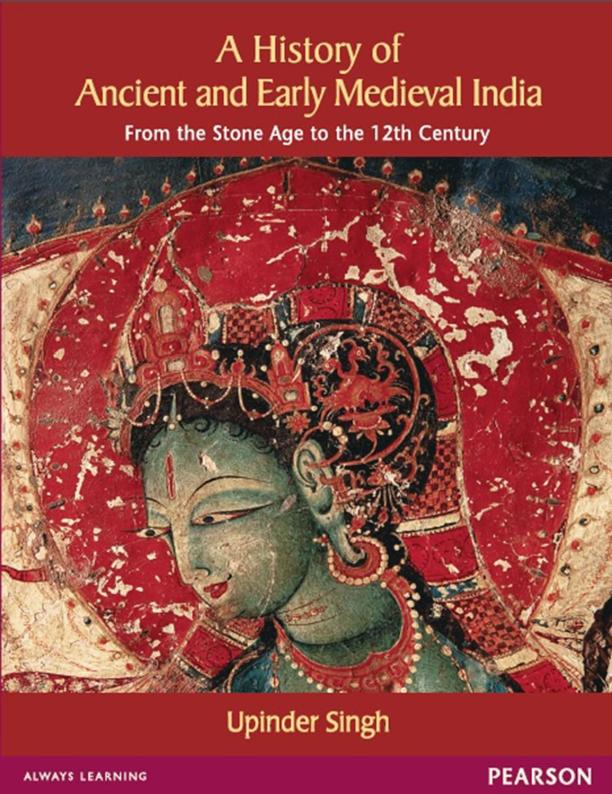
A History of Ancient and Early Medieval India
From the Stone Age to the 12th Century
Upinder Singh
The book provides a comprehensive overview of the Indian subcontinent's history from prehistoric times through the 12th century, covering cultural, political, economic, and social aspects. It includes a detailed examination of sources, archaeological findings, and historiographical debates, offering insights into the lives of diverse communities and the evolution of complex societies in ancient and early medieval India.
See full summary
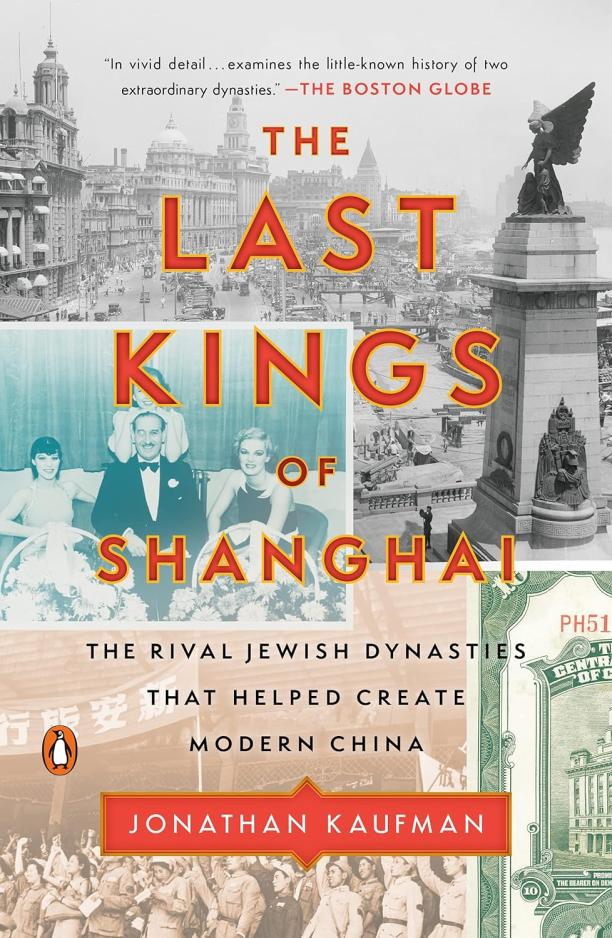
The Last Kings of Shanghai
The Rival Jewish Dynasties That Helped Create Modern China
Jonathan Kaufman
The book chronicles the history of two wealthy and influential Jewish families, the Sassoons and the Kadoories, who played a significant role in the development of Shanghai and modern China through their business empires and philanthropy. It explores their rise to power, their impact on international trade and politics, and their experiences during the tumultuous events of the 20th century, including World War II and the rise of Communist China.
See full summary
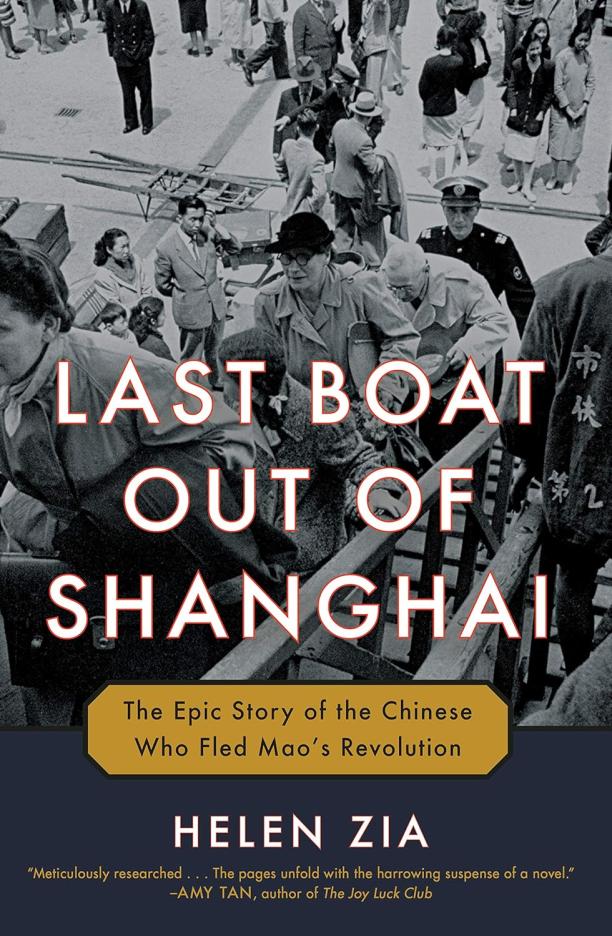
Last Boat Out of Shanghai
The Epic Story of the Chinese Who Fled Mao's Revolution
Helen Zia
The book chronicles the true stories of four individuals who escape the Communist takeover of Shanghai in 1949, revealing the chaos and panic that ensued. It delves into their personal journeys and struggles as they navigate through displacement, identity, and the challenges of starting anew in unfamiliar lands.
See full summary
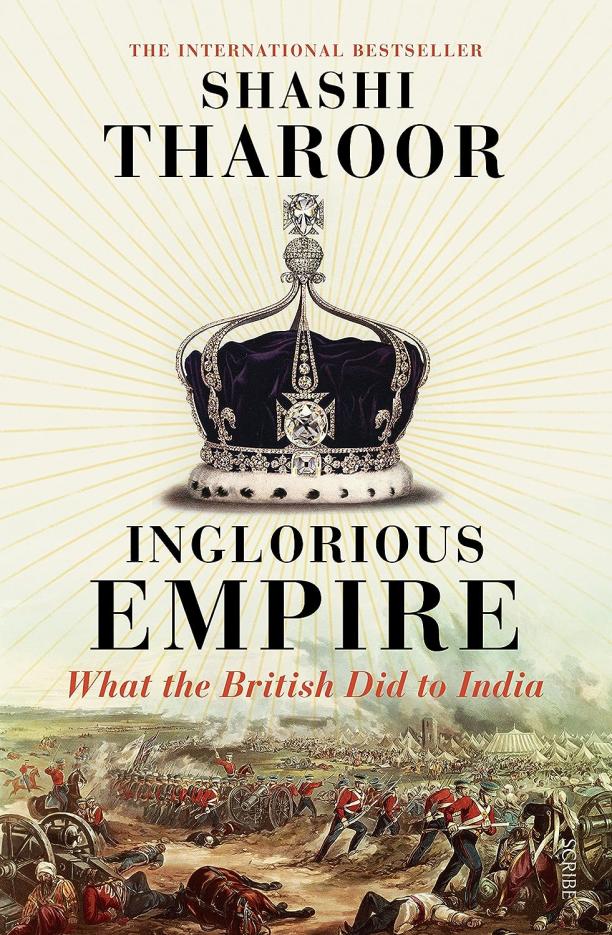
Inglorious Empire
what the British did to India
Shashi Tharoor
The book critically examines the impact of British colonialism on India, debunking the myth of the British Empire's benevolence and highlighting the exploitation and economic devastation it caused. It presents a historical analysis of the colonial era, detailing the systematic transfer of wealth from India to Britain and the lasting negative effects on Indian society and infrastructure.
See full summary
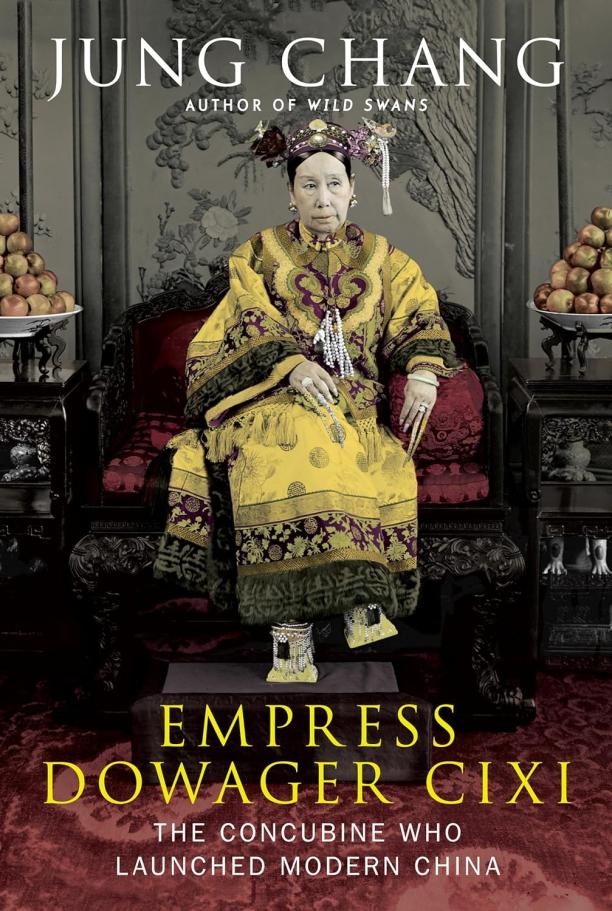
Empress Dowager Cixi
Jung Chang
The book provides a biography of Cixi, the powerful woman who effectively controlled the Chinese Qing dynasty for nearly half a century, from 1861 to 1908. It reevaluates her reign, depicting her as a reformer and modernizer who transformed China into a global power, challenging the traditional view of her as a tyrannical and conservative figure.
See full summary
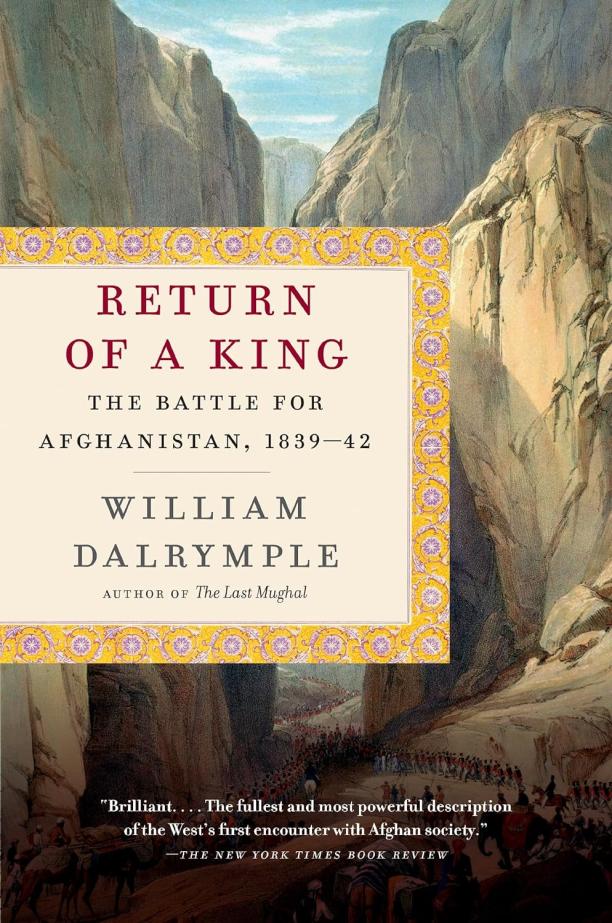
Return of a King
The Battle for Afghanistan, 1839-42
William Dalrymple
The book narrates the history of the First Anglo-Afghan War, detailing the British invasion of Afghanistan and the catastrophic retreat from Kabul. It provides a comprehensive account of the political and military blunders, the cultural clashes, and the key figures involved in the conflict.
See full summary
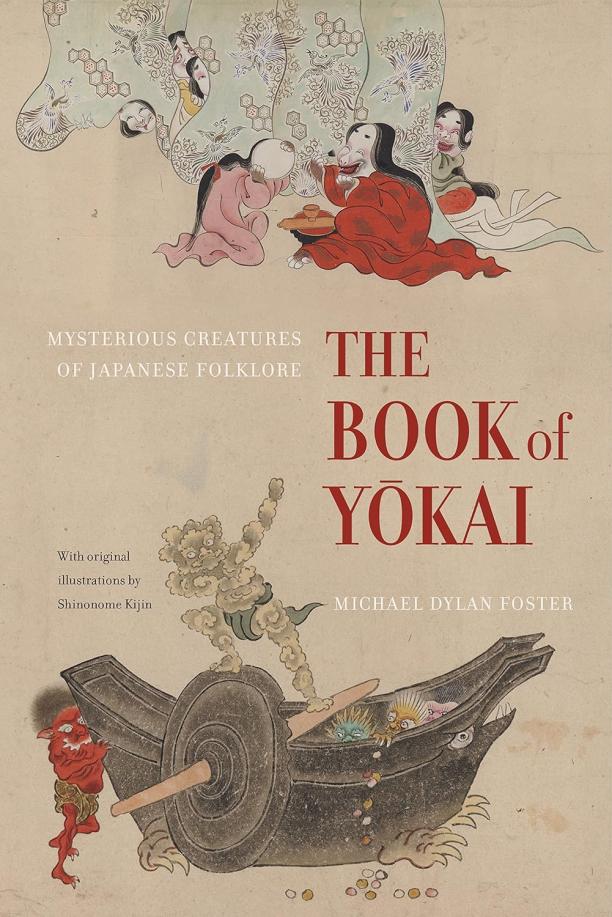
The Book of Yokai
Mysterious Creatures of Japanese Folklore
Michael Dylan Foster
The book explores the rich tapestry of yokai, supernatural beings from Japanese folklore, delving into their historical significance, cultural impact, and the stories behind various creatures. It examines how yokai have been portrayed in literature, art, and media, and how they reflect deeper themes within Japanese society.
See full summary
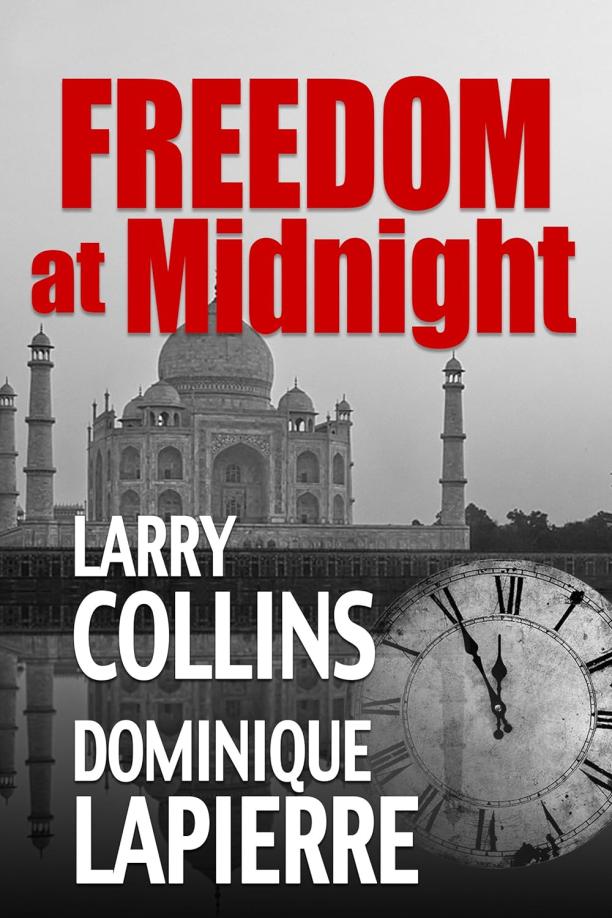
Freedom at Midnight
Larry Collins|Dominique Lapierre
The book chronicles the events leading up to India's independence from British rule in 1947, focusing on the partition of India and Pakistan, and the roles of key figures such as Mahatma Gandhi, Lord Mountbatten, and Jawaharlal Nehru. It delves into the political negotiations, communal violence, and the personal stories that shaped the end of the British Empire in India.
See full summary